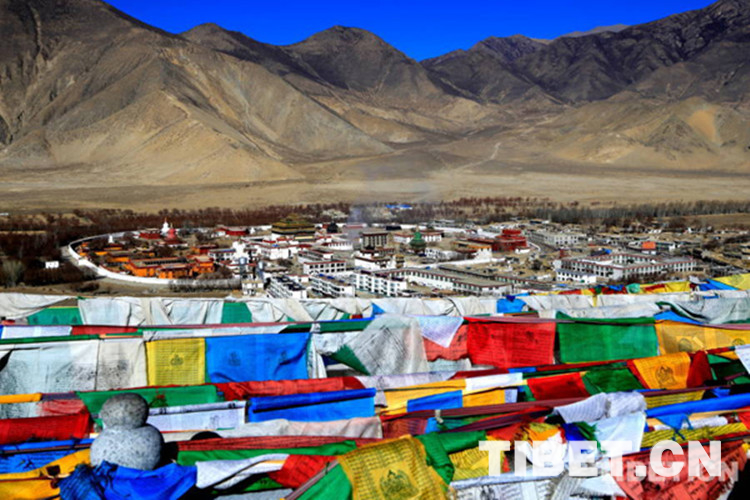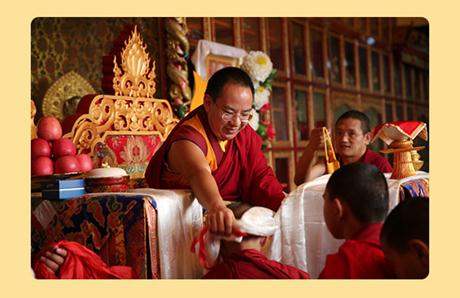The first wine brand in Tibet
In the eastern part of Tibet, a Naxi ethnic township lies hidden in a deep valley between tall mountains.
In early summer, the leaves of grape and pomegranate trees provide nice shade in the courtyards of each household, and the delicate Bougainvillea are in full bloom. Upon arriving at a villager's home, the host will treat you with homemade wine.
Local villagers say that as early as the 18th century, French missionaries came to this area to preach, and they built Tibet's sole Catholic church. The missionaries also taught local nuns how to grow grapes and make wine. Since then, the local people have continued to grow grapes and make and drink wine.
For more than 200 years, the Rose Honey grape varieties imported from Bordeaux, France, have been domesticated and adapted to the local environment of the high plateau.
The grapes in the Naxi ethnic township are full of exquisite French romanticism, yet they also have the bold and straightforward Khampa style. The "take a small taste, then drink a large cup" drinking custom shows the perfect fusion of different cultures.
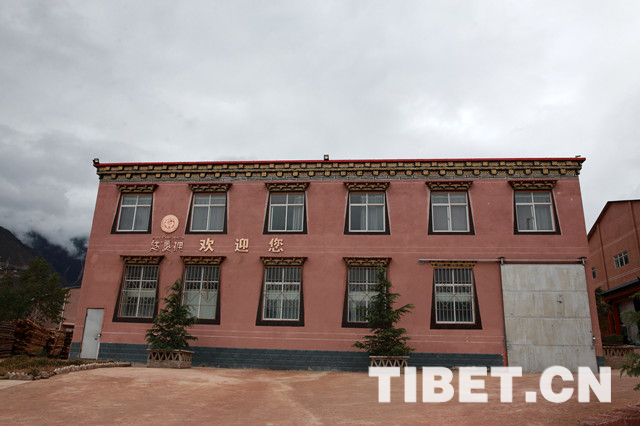
The Dameiyong Wine Factory in Yanjing Naxi Ethnic Township
Your Comment
Name E-mailRelated News
-
-
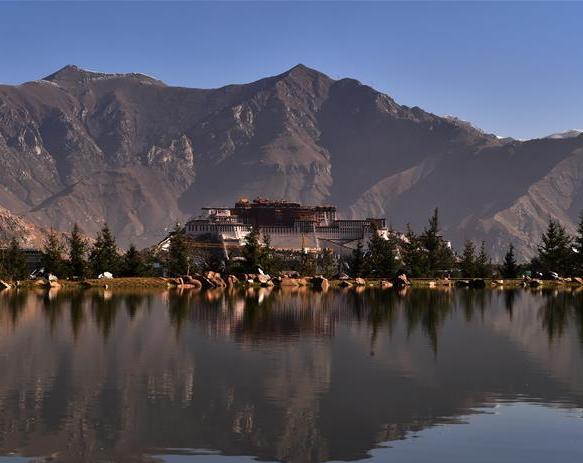
-
Tibetan medicine college grants first master's in clinical medicine
The Tibetan Traditional Medical College has granted its first 10 master's degrees in clinical medicine.
-
-
-
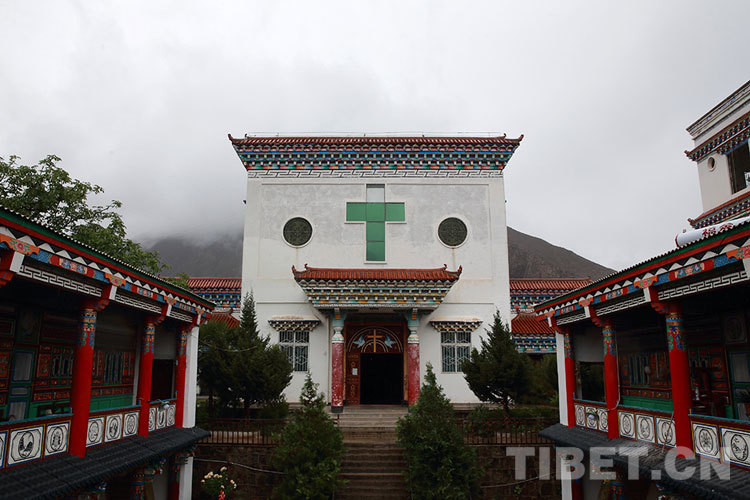
-
Tibet's only Catholic church
In Yanjing Village in Chamdo City,Catholic followers and Tibetan Buddhist believers intermarry and live in harmony with one another.
-
-
-

-
Tree planting projects improving environment in Tibet
Ali Prefecture in southwest China's Tibet Autonomous Region will invest over 70 million yuan (around 11 million U.S. dollars) on a tree planting project this year.
-
-
-

-
Tibet relocates villagers living in high-altitude nature reserve
Southwest China's Tibet Autonomous Region is carrying out its first relocation program for villagers living in high-altitude nature reserve.
-
-
-

-
E-commerce service station built near ancient Tibetan salt fields
According to historical research, Markam has been drying salt for more than 1,300 years, since the time of the Tang Dynasty (AD 618-907).
-


